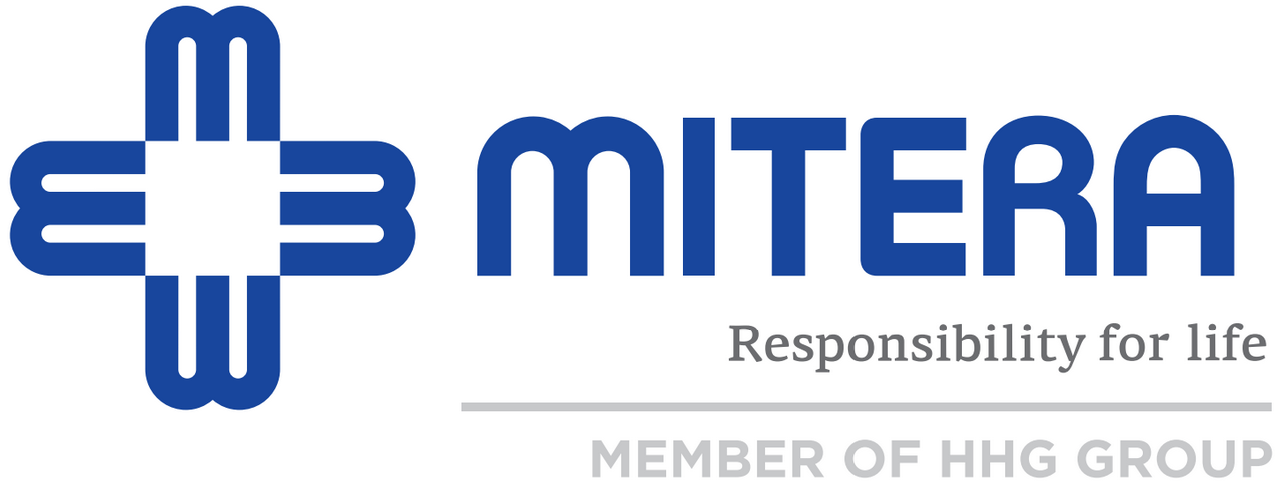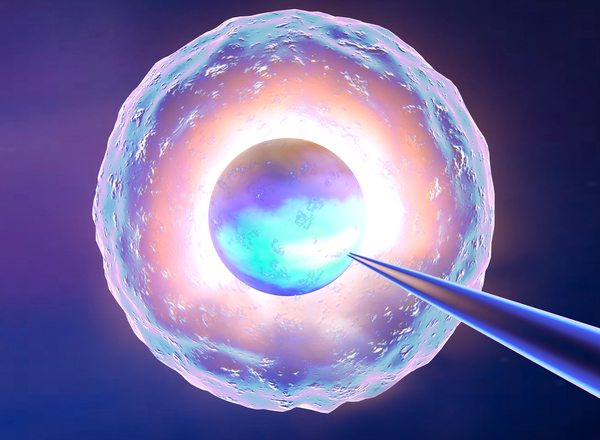Egg Donation
By Stelios Papadopoulos
Obstetrician/Gynecologist
Specialized in IVF MITERA
Around 10-15% of reproductive age couples globally have difficulty in conceiving. There are many reasons for this – due to both men and women – but most infertility problems are treatable with the modern IVF techniques. In spite of this, there are women who will only be able to fulfill the dream of having a child with the help of another woman who will donate her eggs.
Which women need donated eggs?
Mainly those who have no eggs or have very few and bad quality eggs, such as women of older reproductive age. It may also be women with premature ovarian failure, meaning those whose period stops before 40, or women with some type of genetic disorder, such as Turner syndrome, with the risk of carrying the problem over to their children. Finally, patients with cancer or autoimmune diseases who have undergone chemotherapy or radiotherapy and have caused irreparable damage to their ovaries are also in need of donated eggs.
How are the eggs collected?
Before the procedure, the egg donor undergoes rigorous screening, during which we take down her medical history, and perform the blood tests stipulated by the new law and a gynecological exam. If her health condition is good, she then receives hormonal therapy for 10-12 days to stimulate her ovaries, which is exactly what happens during an IVF cycle. The ovarian follicles are monitored via ultrasound for the egg retrieval, while the eggs are fertilized on the same day using the sperm of the recipient’s husband/partner. The embryos are incubated for 3 or 5 days and they are then transferred to the recipient’s uterus using a very simple procedure called embryo transfer, after preparing the endometrium accordingly. In a morphologically normal uterus, the success rate of embryo transfer is 70%-80%.
Why should I prefer Greece and MITERA Institute of Life?
The Greek legislation is quite liberal compared to other European Union member states, while it also has a strict framework of rules in place that protects the couple and the donor. According to the law, the identity of the egg donor will not be made known to the recipient (anonymity). The procedure is performed until the recipient reaches 50 years of age. The law requires that the donor undergoes a series of blood tests to safeguard the health of the recipient and the embryo that will arise. It also sets a specific fee for the donor due to her absence from work and her physical strain. The MITERA Institute of Life Legal Department has a strict egg donation protocol in place, whereby the couple benefits due to the greater number and higher quality of eggs, which translates into higher success rates, up to even 100% for clinical pregnancy.
Conclusions
Egg donation gives women who would not have fallen pregnant otherwise the chance to have a family. The main concern of recipients is basically the health of the child. It is widely known that the eggs of women over 40 have a greater chance of chromosomal anomalies and serious health problems for the child. So the woman can have a healthy baby since the eggs come from women of a younger age. Modern prenatal screening of embryos either in the lab or during pregnancy leaves the new parents without a margin of doubt. Furthermore, carrying a baby to term lets the mother experience the unique joy of pregnancy and labor, creating an inseparable bond with the child. MITERA Institute of Life is one of the most modern IVF units in Europe, offering couples all types of legal and clinical information on egg donation, and safeguarding their future family.



